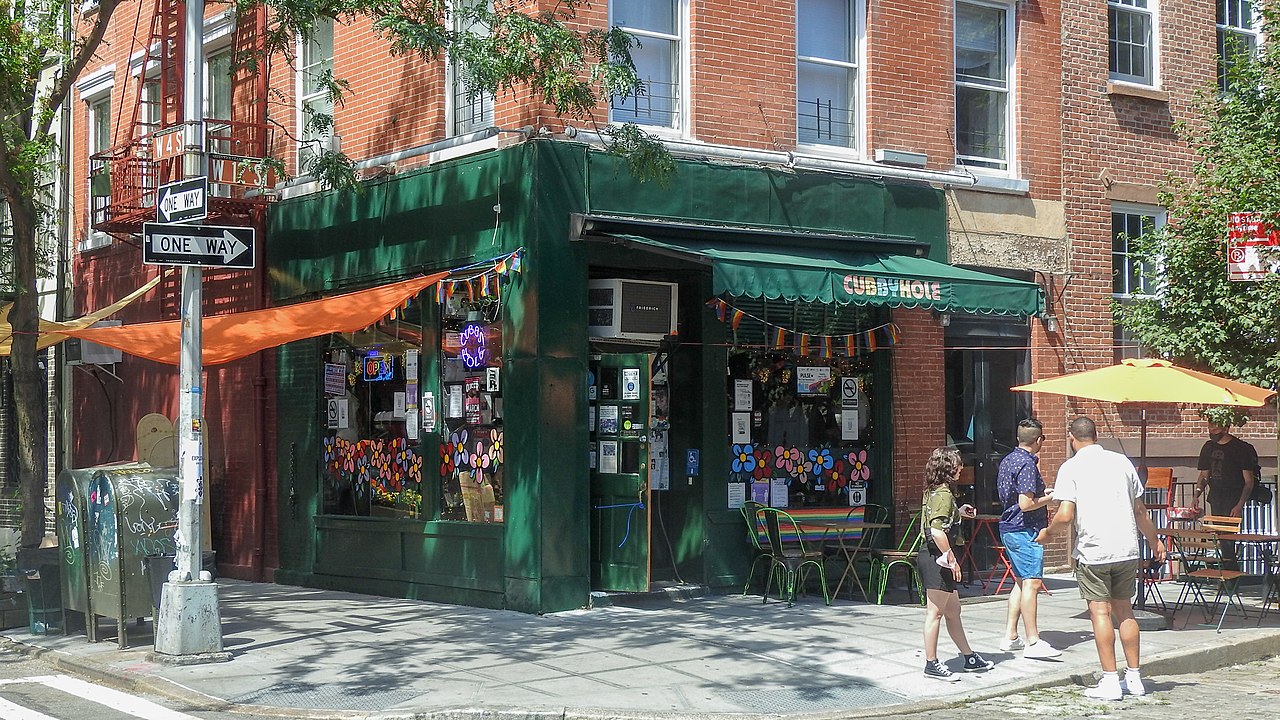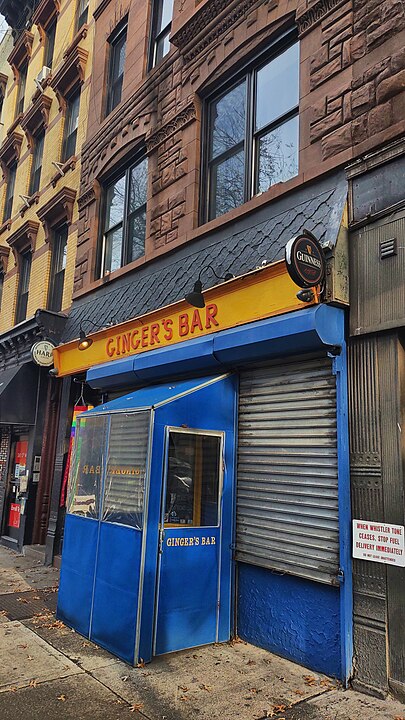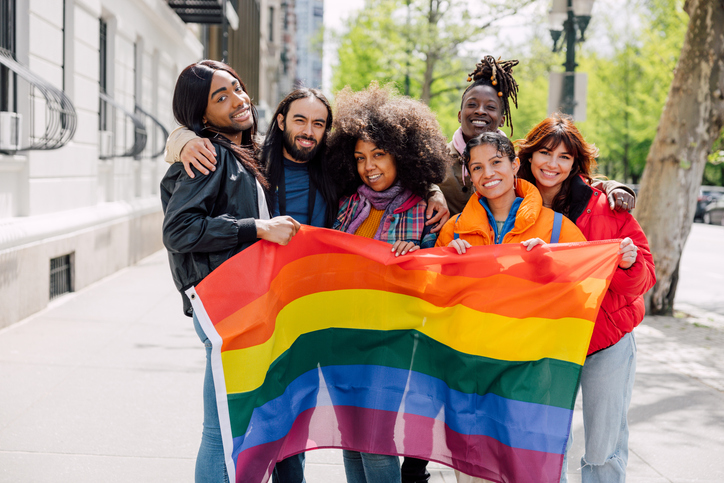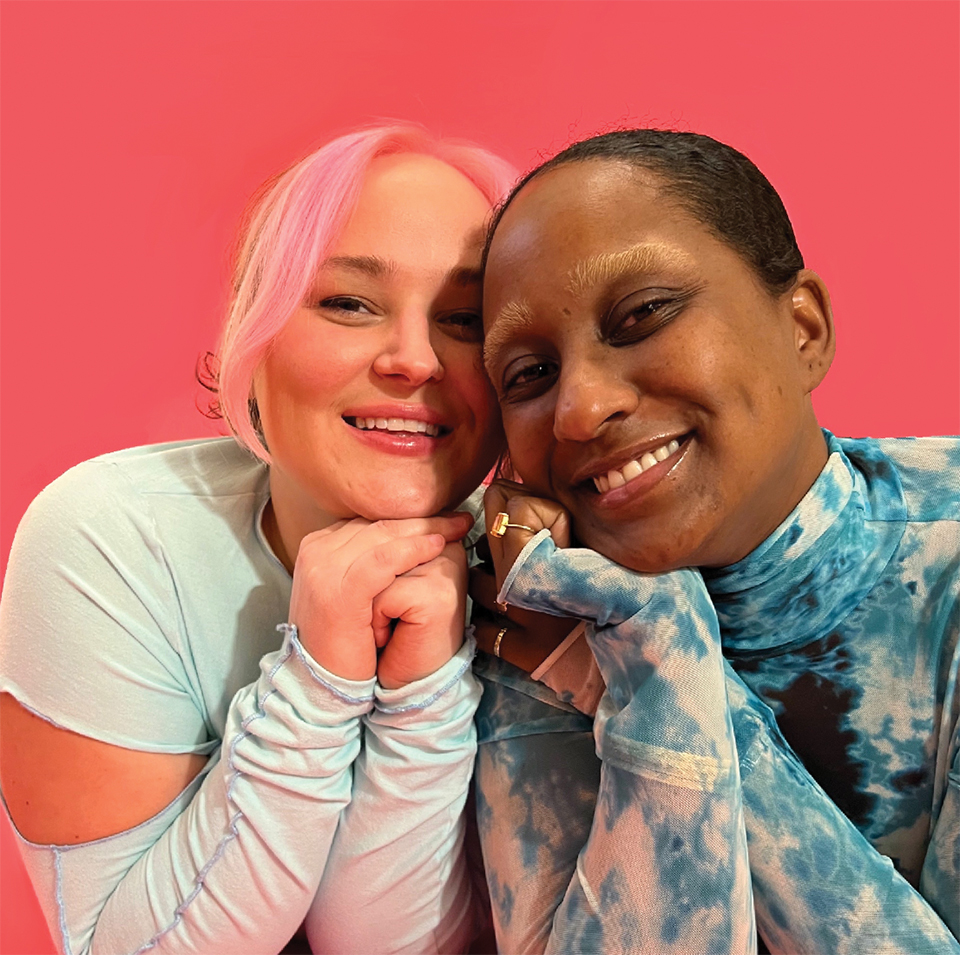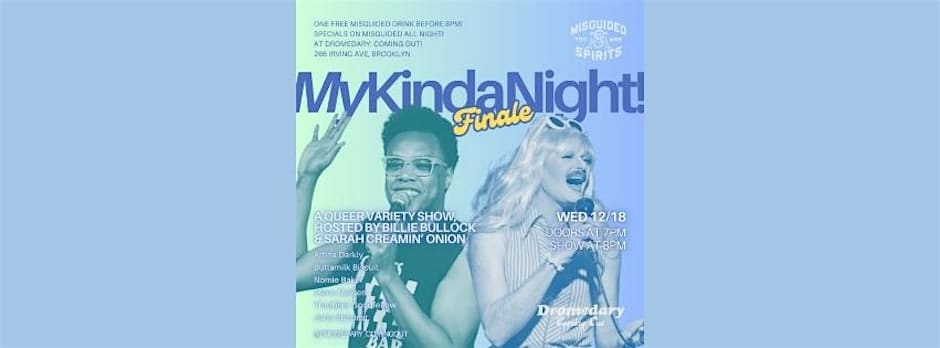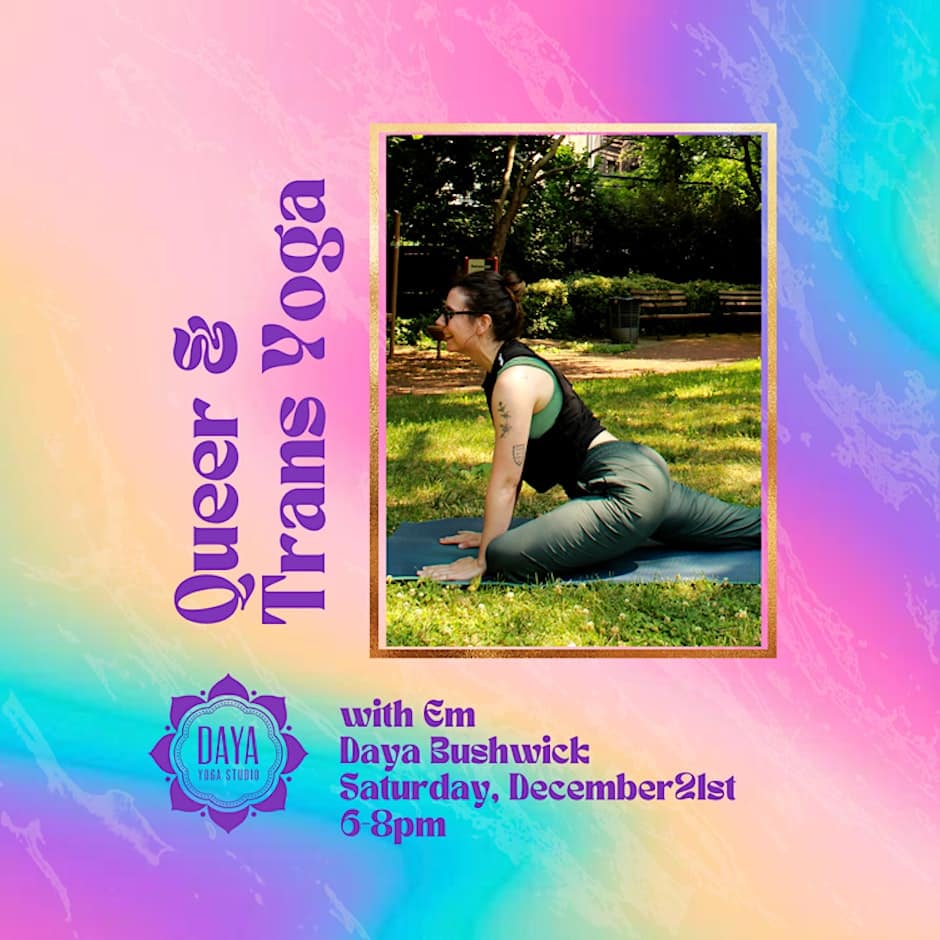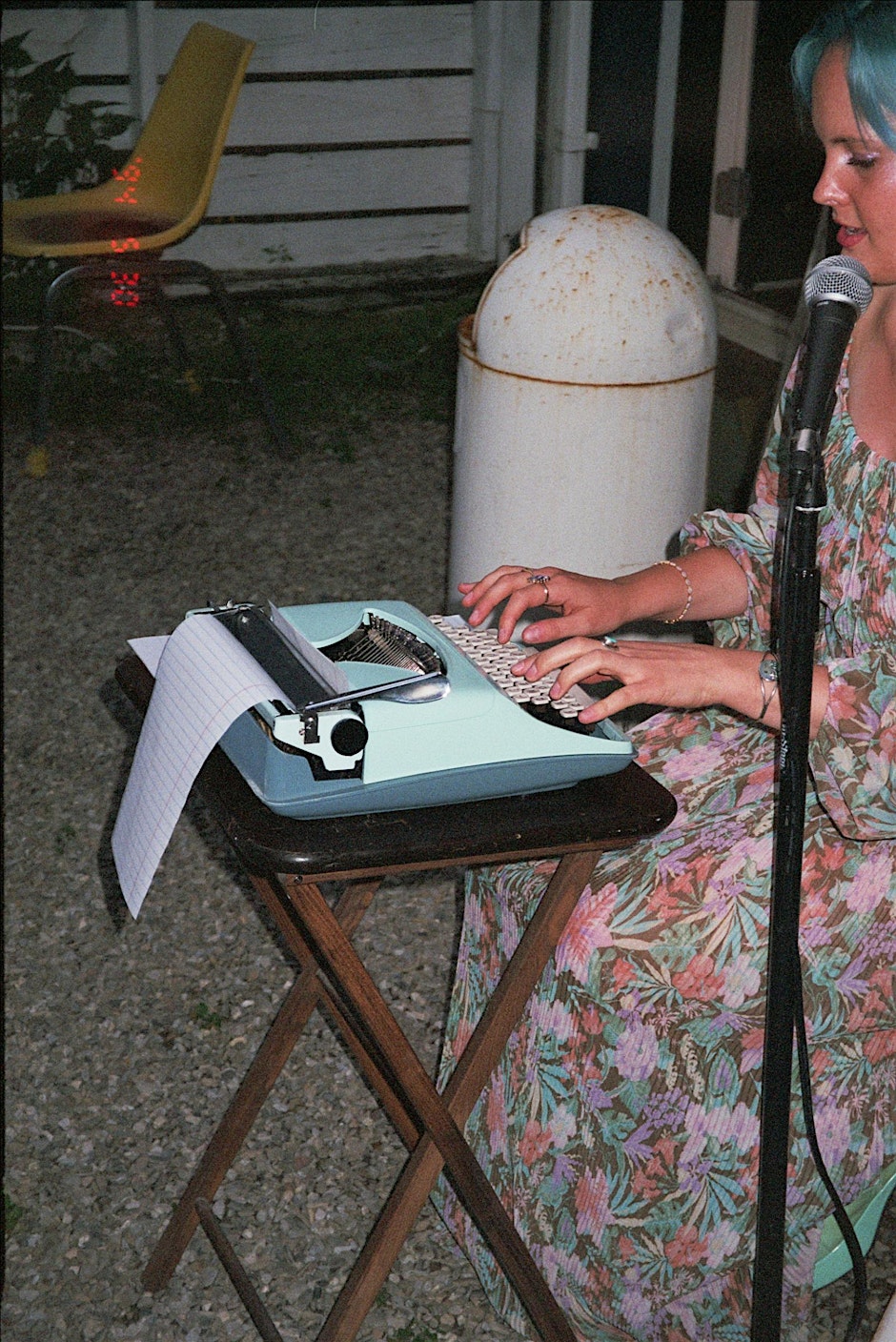
Justice Sheila Abdus-Salaam was found unresponsive in the water near Harlem, where she lived, shortly before 2 p.m., police say. Her body showed no obvious signs of trauma or foul play, and police declined to speculate on the cause of her death.
The New York Times wrote that, “According to one law enforcement official, Judge Abdus-Salaam called her Midtown Manhattan chambers on Tuesday morning to say she would not be coming in because she was not feeling well. When the judge failed to appear on Wednesday, her assistant sent a text to her husband of eight months, who called 911 to report her missing a short time later. Her body was found that afternoon, floating in the river by the shore near West 132nd Street.”
Justice Abdus-Salaam was known for, among many other astounding accomplishments, writing a landmark decision that helped LGBTQ parents and other parents without biological ties gain the same parenting rights as biological parents.
Her death shook the New York legal community, prompting responses from colleagues, judges, and state and local political leaders.
“Justice Sheila Abdus-Salaam was a trailblazing jurist and a force for good whose legacy will be felt for years to come,” Gov. Andrew Cuomo, who appointed her to the Court of Appeals in 2013, said on Twitter. “On behalf of all New Yorkers, I extend my deepest sympathies.”
Lambda Legal, the LGBTQ organization that worked with Abdus-Salaam on the parenting case, said her death marked a great loss to the advocacy community.
“Judge Abdus-Salaam saw clearly how damaging it was to keep LGBT parents from their children,” Lambda Legal said in a statement. “We owe her a tremendous debt of gratitude. She touched the lives of many New Yorkers; her legacy will live on.”
The Times wrote: “Last summer, Judge Abdus-Salaam wrote an important decision in the Matter of Brooke S.B. v. Elizabeth A.C.C. that expanded the definition of what it means to be a parent, overturning a previous ruling. For 25 years, the court had held that the nonbiological parent in a same-sex couple had no standing to seek custody or visitation rights after a breakup.
But Judge Abdus-Salaam wrote that the previous ruling had become ‘unworkable when applied to increasingly varied familial relationships.’ In a tightly reasoned decision, she determined that nonbiological parents did have standing to seek custody if they showed ‘by clear and convincing evidence that all parties agreed to conceive a child and to raise the child together.’” The Court of Appeals last heard oral arguments in that case at the end of March and issued opinions on April 4. It is scheduled to be back in session on April 25.
Throughout her career, Abdus-Salaam’s colleagues have hailed the judge for her clarity as a writer and fairness as a decision-maker. Janet DiFiore, chief judge of the state Court of Appeals, said in a statement Wednesday that “her personal warmth, uncompromising sense of fairness, and bright legal mind were an inspiration to all of us who had the good fortune to know her.”
“Sheila’s smile could light up the darkest room,” DiFiore added.
Zakiyyah Muhammad, the founding director of the Institute of Muslim American Studies, said Abdus-Salaam became the first female Muslim judge in the United States when she started serving on the State Supreme Court in 1994.
Abdus-Salaam was a native of Washington, D.C., one of seven children in a low income family, according to the New York State Court of Appeals. Overcoming the tremendous racial, socioeconomic and gender-based odds stacked against her, she attended the prestigious Barnard College and earned her law degree at Columbia University in 1977. After law school, she became a public defender in Brooklyn, representing people who could not afford lawyers, and then served as an assistant attorney general in the Civil Rights Bureau of the New York State attorney general’s office. In one of her first cases, she won an anti-discrimination suit for more than 30 female New York City bus drivers who had been denied promotions. The state Senate confirmed her appointment to the Court of Appeals in 2013.
The Washington Post stated that, “When Abdus-Salaam was formally sworn in as the seventh member of New York’s top court, then-U.S. Attorney General Eric Holder traveled to Albany to honor her, his former classmate at Columbia Law School four decades earlier.
‘Sheila could boogie,’ he said before a courtroom packed with Abdus-Salaam’s legal colleagues, family and friends. ‘I read that during her confirmation process, Judge Abdus-Salaam received a standing ovation every time she appeared in public before members of the Legislature. Now, as someone who has appeared a number of times before Congress, I can tell you just how extraordinary that is.’”
“Extraordinary” barely encompasses the profound accomplishments, keen legal mind, and deeply-held sense of values and progressive ideals regarding social justice that Justice Abdus-Salaam contributed to the legal realm and the world at large. We at GO salute Sheila Abdus-Salaam for all she was, all she represented, all she did for women, the LGBTQ, Black and Muslim communities, and for all those she helped as she dedicated her life to empower people who lacked the resources to help themselves. Rest in peace and power, Your Honor. You will be direly missed and never forgotten.



